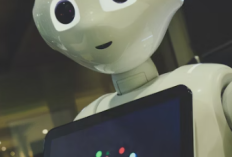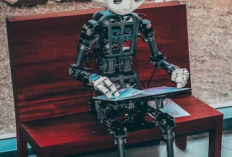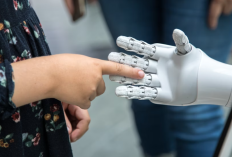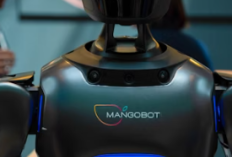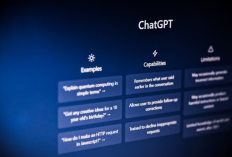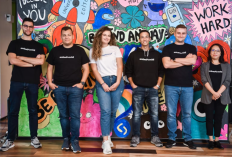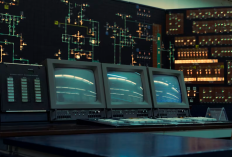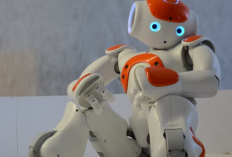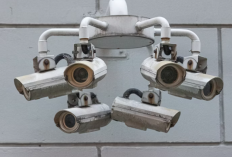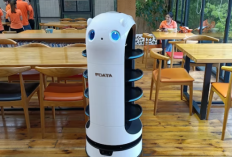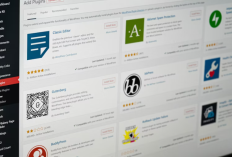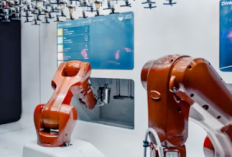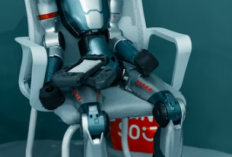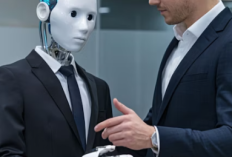AI Writing Tools Impact: Are Human Authors in Danger?
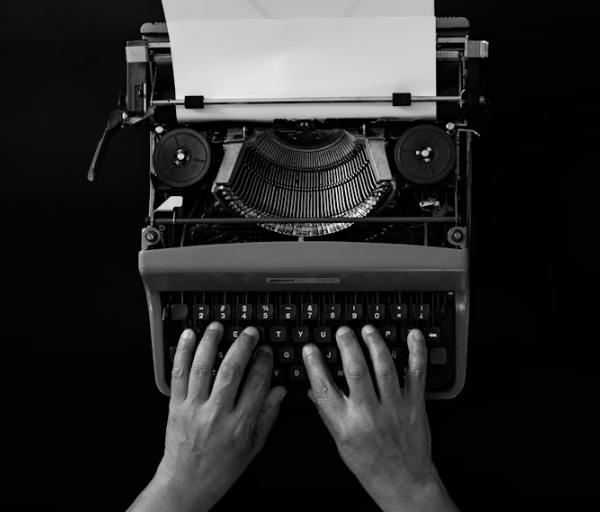
hands-typing-on-a-vintage-typewriter-with-pape-Iván Díaz-https://unsplash.com/
AI Writing Tools Impact: Are Human Authors in Danger?
The world of words has never felt so uncertain. For centuries, writers have been the architects of human thought — the poets of emotion, the recorders of history. But today, in the silent hum of algorithms and the glow of machine intelligence, a new author is emerging: one that never sleeps, never doubts, and never runs out of ideas. Artificial intelligence is writing — and the literary world is watching with both awe and unease.
The Rise of the Invisible Co-Writer
It began innocently enough. Grammar checkers evolved into sentence rewriters. Keyword tools became style guides. Soon, platforms like Jasper, ChatGPT, and Sudowrite turned into full-fledged creative partners, capable of producing blogs, novels, and advertising copy with uncanny fluency. What was once a writer’s notebook became a digital co-author — one that could mimic any tone, genre, or voice at will.
Publishers and marketers quickly realized the potential. Entire content departments were replaced by algorithms capable of producing hundreds of SEO-optimized articles overnight. For small businesses, this meant survival. For freelance writers, it often meant silence. “I didn’t lose my job to another person,” one copywriter in London said, “I lost it to an update.”
When Machines Start to Sound Human
The magic — and the danger — of AI writing tools lies in their ability to sound real. These systems, trained on billions of words from across the internet, have learned not just grammar, but rhythm. They understand pause, emphasis, and emotional timing. They replicate the small imperfections that make human writing feel alive.
Readers today often can’t tell the difference. Social media posts, opinion columns, and even short stories generated by machines circulate daily — and many go viral. The line between author and algorithm has blurred to invisibility. Yet, in that blur, a new question arises: if a machine can write something that moves us, does it still count as art?
The Creative Industry’s Dilemma
In the publishing industry, the arrival of AI has sparked a quiet revolution. Some editors embrace the technology, using it to brainstorm ideas or refine plot structures. Others resist fiercely, arguing that literature should remain the final bastion of human imagination. Book proposals written with AI assistance are often submitted anonymously — not out of pride, but fear of rejection.
There’s a silent code among many modern authors: use the tool, but don’t admit it. In workshops and writer forums, whispers circulate — about bestselling novels “polished” by AI, about ghostwritten articles that were never touched by human hands. Creativity, once an intimate craft, has become a collaboration between flesh and algorithm.
Efficiency Versus Emotion
AI can write faster, cleaner, and often more accurately than humans. It doesn’t tire. It doesn’t procrastinate. It doesn’t suffer from writer’s block or self-doubt. But what it lacks — and may never fully capture — is emotional intuition. Human writing carries traces of vulnerability, contradiction, and imperfection that resonate deeply with readers. These flaws are not errors; they are empathy.
“AI can write beautifully,” says literary critic Anna Voss, “but it doesn’t know why it’s beautiful.” Its poetry may sound profound, but it doesn’t ache. Its stories may move readers, but only because it has learned what humans find moving — not because it feels the pull of those emotions itself. It is imitation, not experience.
Writers as Curators, Not Creators
By 2025, the definition of an author is shifting. Many writers are no longer starting from a blank page but from an AI-generated draft. They edit, refine, and inject personality — transforming machine-generated structure into something distinctly human. In essence, they’ve become curators of creativity.
Some embrace this role with excitement. They view AI as a sophisticated typewriter — a tool that accelerates productivity. Others fear it’s eroding their identity. If the initial draft, the rhythm, and even the metaphors come from a machine, where does the author’s voice truly begin?
The debate echoes a larger cultural anxiety: the fear that human originality is becoming obsolete in an age of automation. It’s not just about writing — it’s about what it means to create.
The Corporate Perspective: Cost Over Craft
For corporations, the argument is purely economic. AI writing systems cut costs dramatically. Where a marketing agency once needed ten writers, it now needs two — assisted by software that produces an endless stream of copy. The business logic is undeniable. But the creative loss is harder to quantify.
Many brands now face an unexpected backlash. Consumers, increasingly aware of synthetic content, crave authenticity. A robotic tone, even slightly perceptible, can erode trust. Ironically, companies are beginning to rehire human editors — not to write, but to humanize the output of machines.

